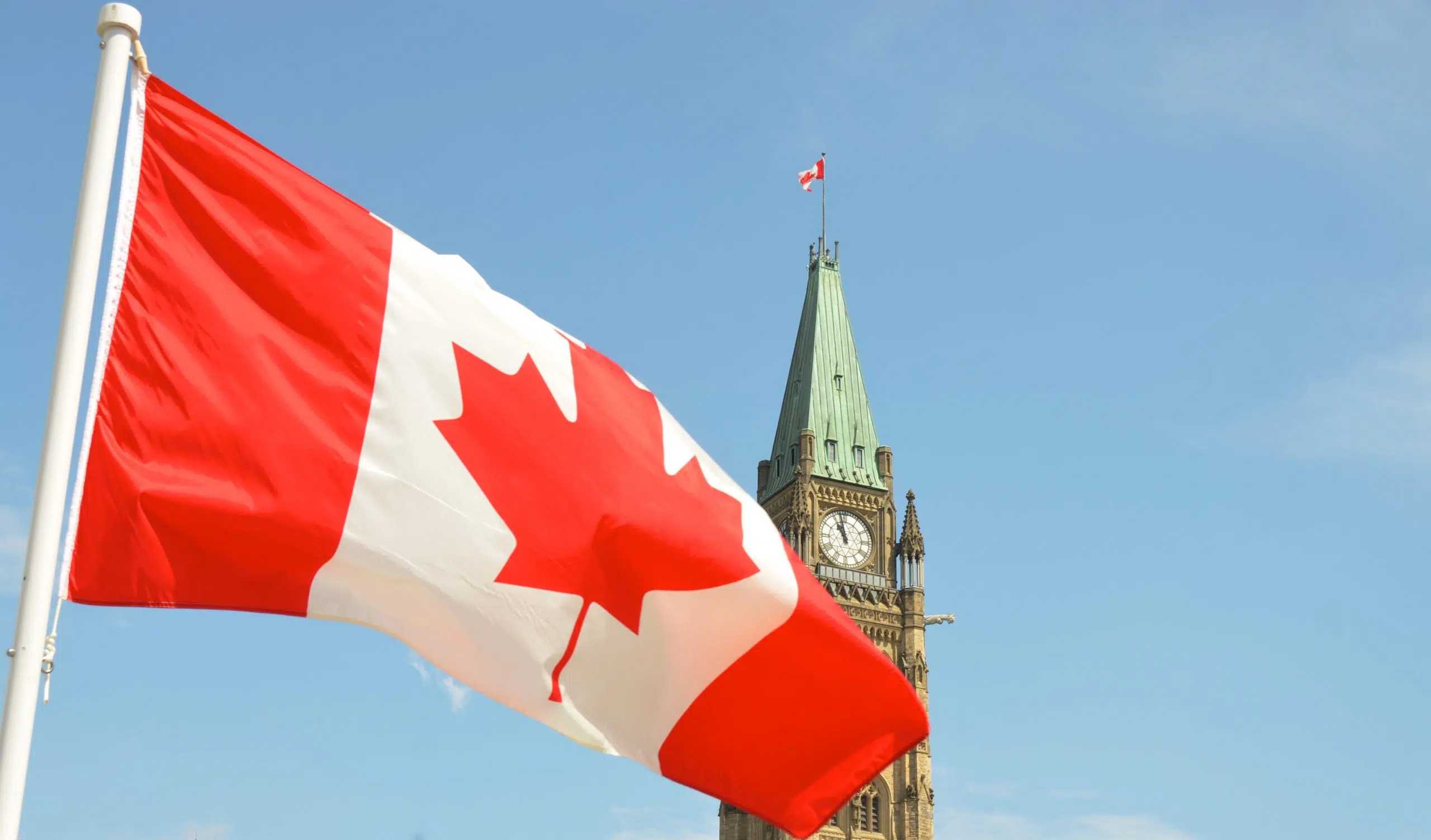Immigration ministers from across Canada wrapped up two days’ worth of talks Thursday after the Forum of Ministers Responsible for Immigration, held in Saint John, N.B.
Sean Fraser, Canada’s minister of immigration, refugees and citizenship, told reporters discussions revolved around improving the effectiveness of Canada’s immigration system, including streamlining processes within provincial nominee programs.
It would put more trust in provinces to select people who fit a jurisdiction’s labour market demands.
“I consider myself very lucky, amongst developed economies in the world, to be the minister of immigration, whose greatest challenge is that we can’t get newcomers here quickly enough,” said Fraser.
Fraser said there is also a push to improve application processing. People applying for permanent residency through Canada’s Express Entry System can expect a six-month processing period as of July.
He added permanent residency for family reunification is back to a 12-month processing standard, saying that government expects to be back to its pre-pandemic service standards by the end of 2022.
The COVID-19 pandemic has been a challenge for Canada’s economy, Fraser noted but added that “100 per cent” of Canada’s recent labour force growth was driven by newcomers, which he says is a sign to continue promoting immigration as a growth strategy.
“Those who are coming to our communities arrived with a lot more than the contents of their suitcase,” said Fraser. “They are making a difference, working in our communities and having a positive impact on the place that I call home.”
New Brunswick Immigration Minister Arlene Dunn told reporters that the discussions had by ministers are important as officials seek to promote the significance of immigration to growth and economic development.
“Through our discussions, we reiterated our position that provinces and territories understand their respective labour market priorities and are, therefore, best suited to select newcomers who are admitted as economic immigrants,” said Dunn.
Dunn said immigration ministers across Canada received a commitment from the federal government to collaborate on multi-year provincial nominee program allocations, including increases through the program by March 31, 2023.
“Immigration is an important key to our success,” she said.
“Multiculturalism has such a positive influence on our society. Enhancing diversity makes us better people and builds stronger communities, and that kind of inclusion will lead to retention.”








